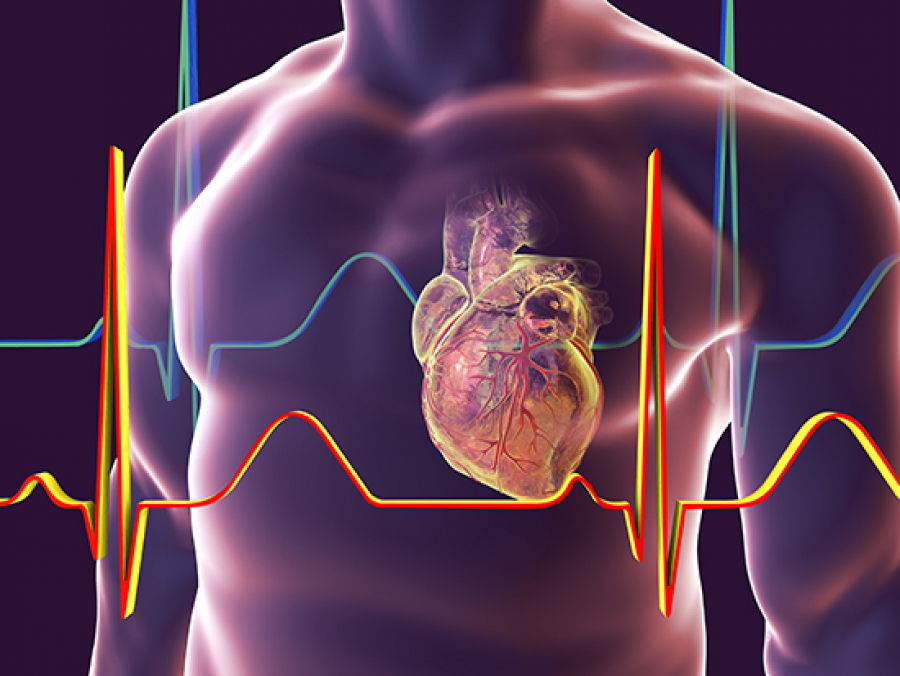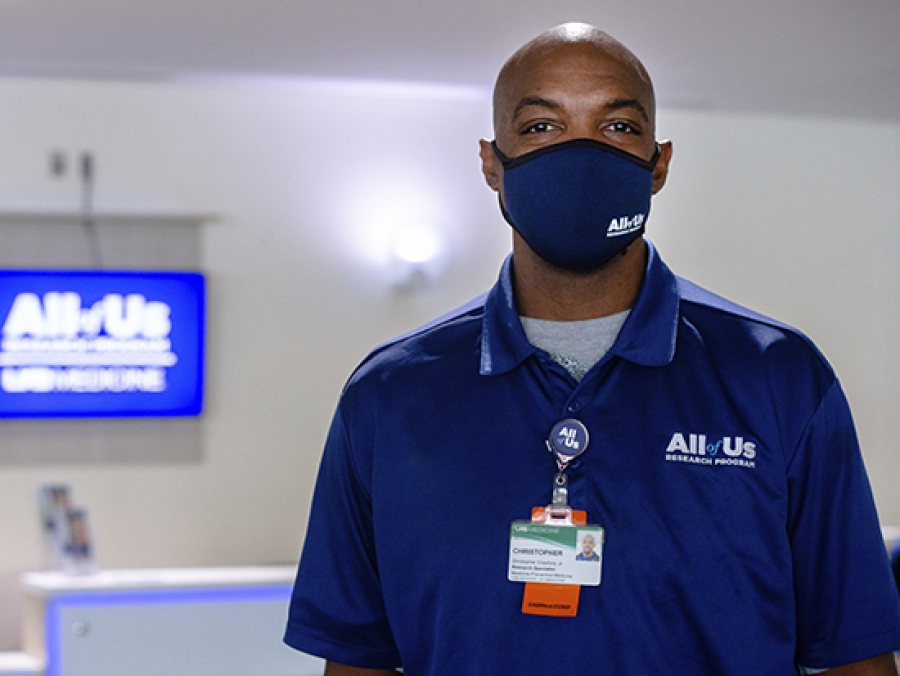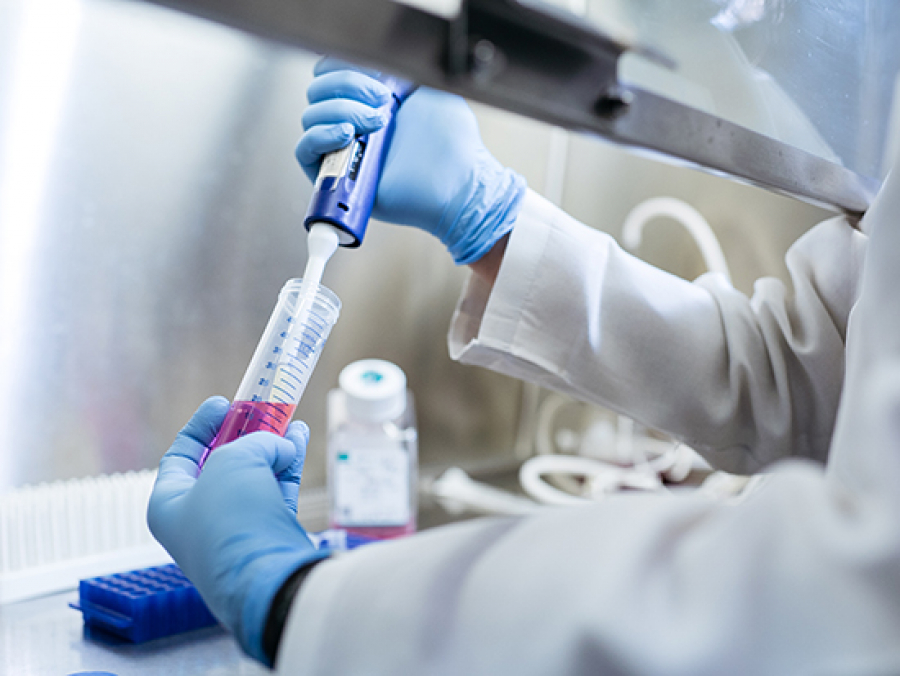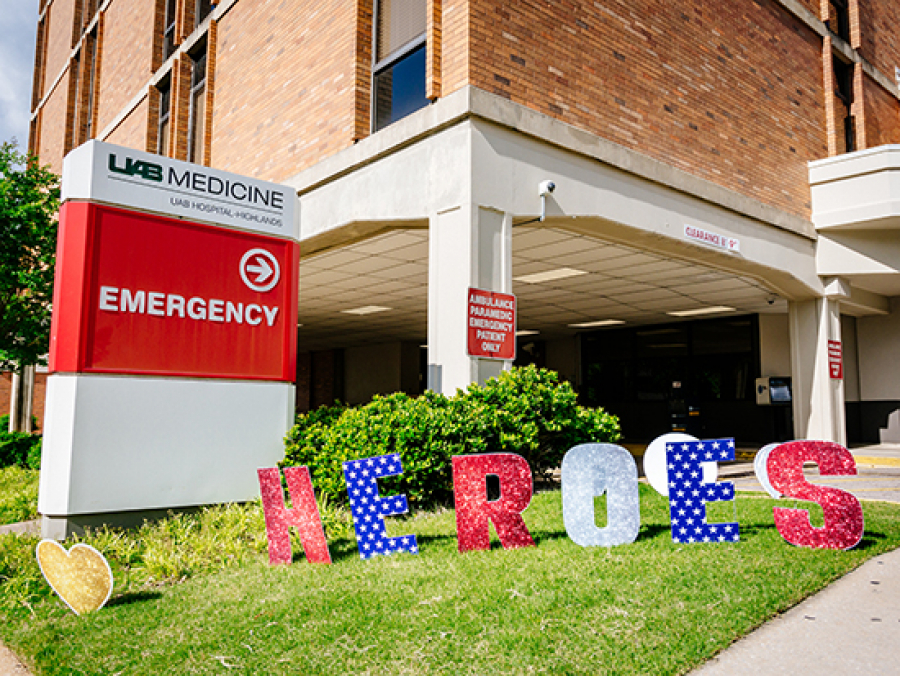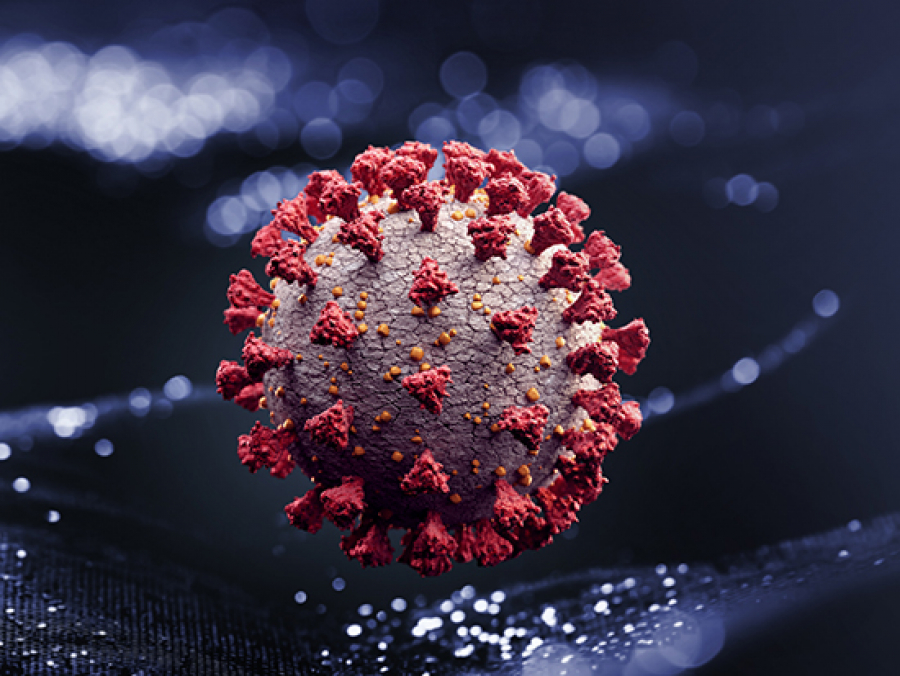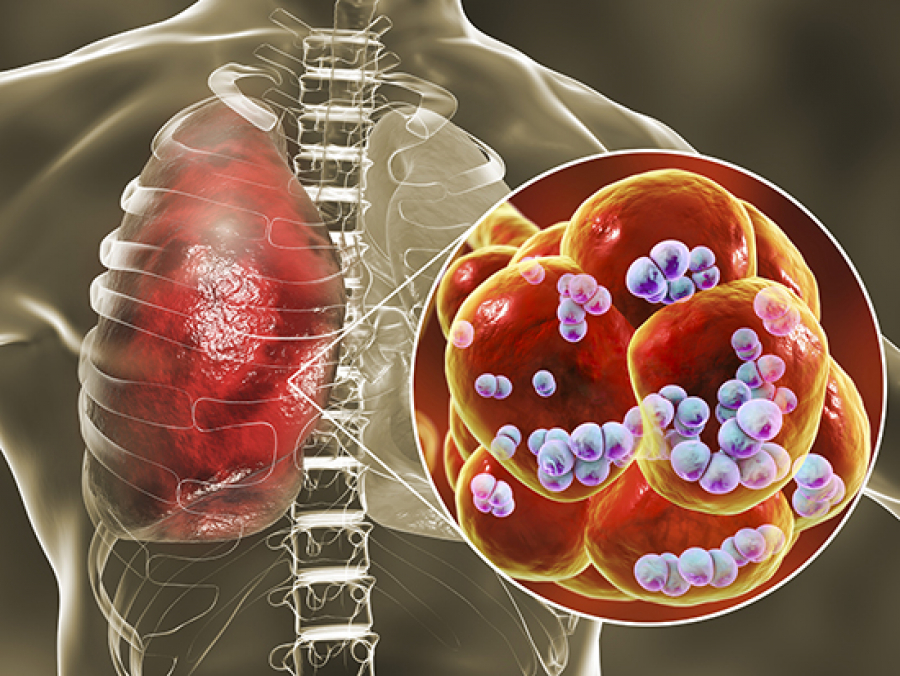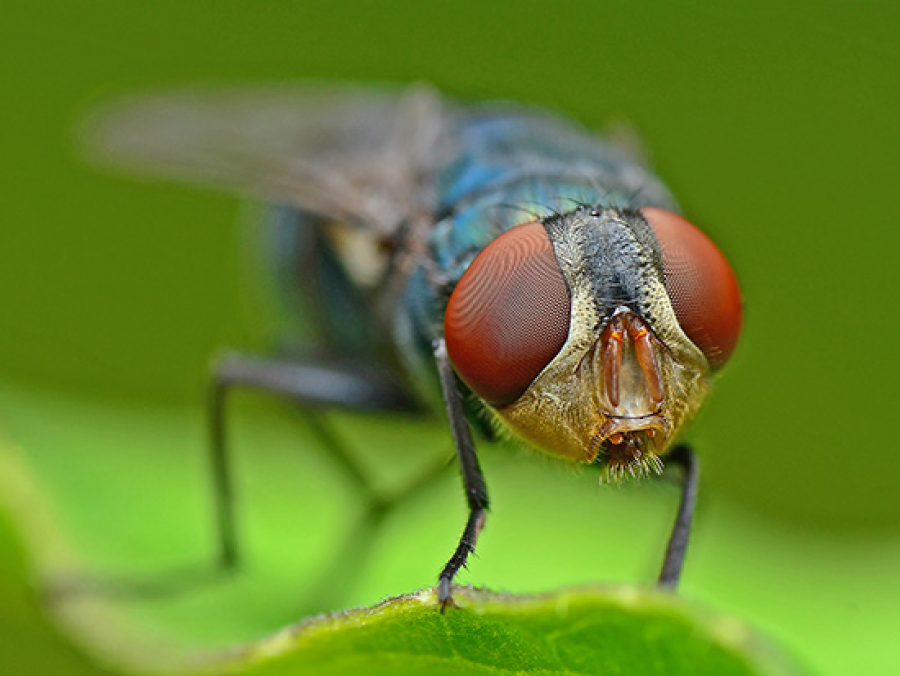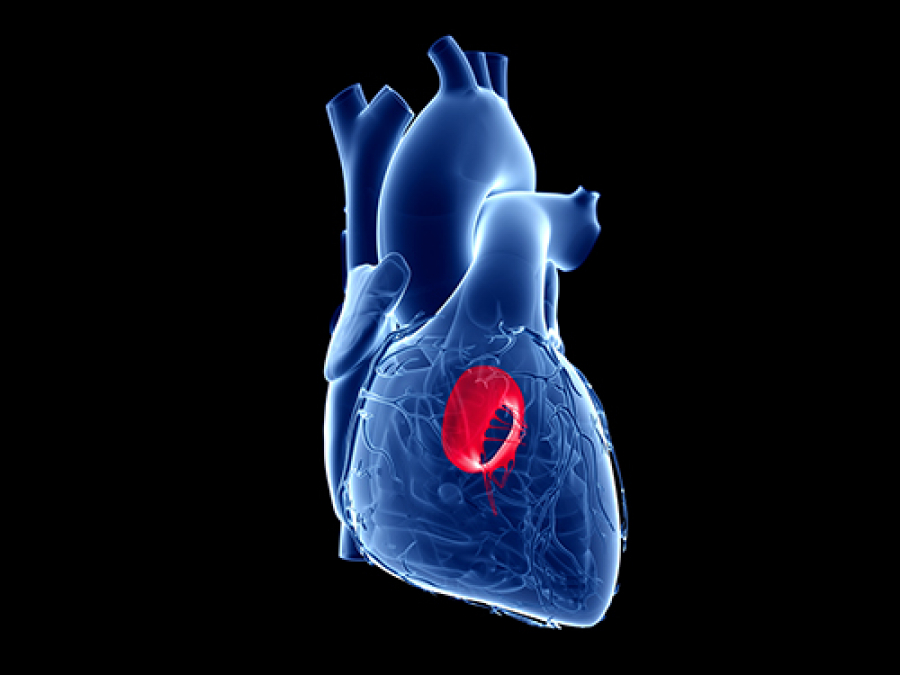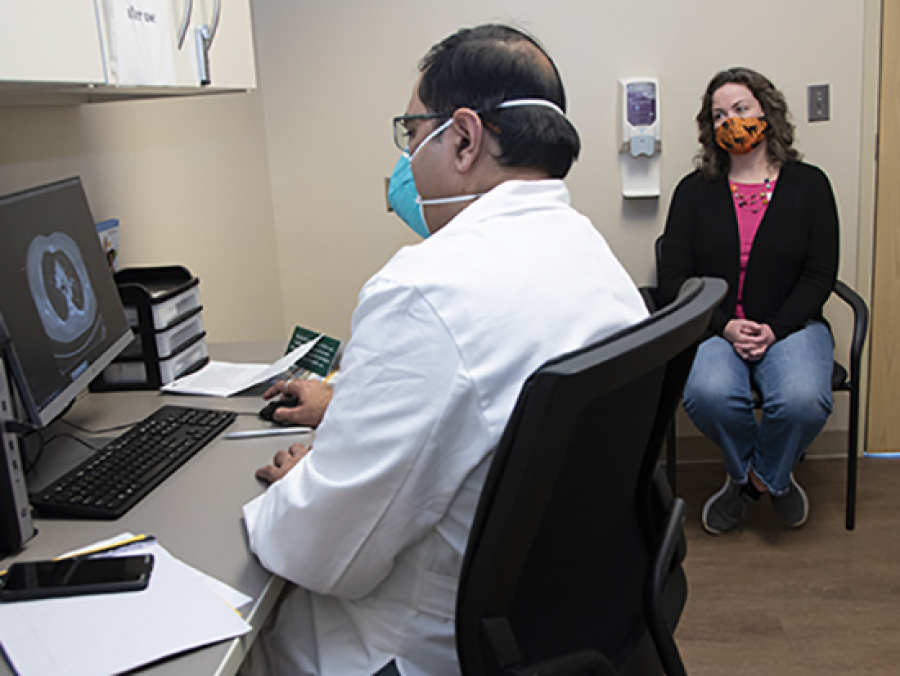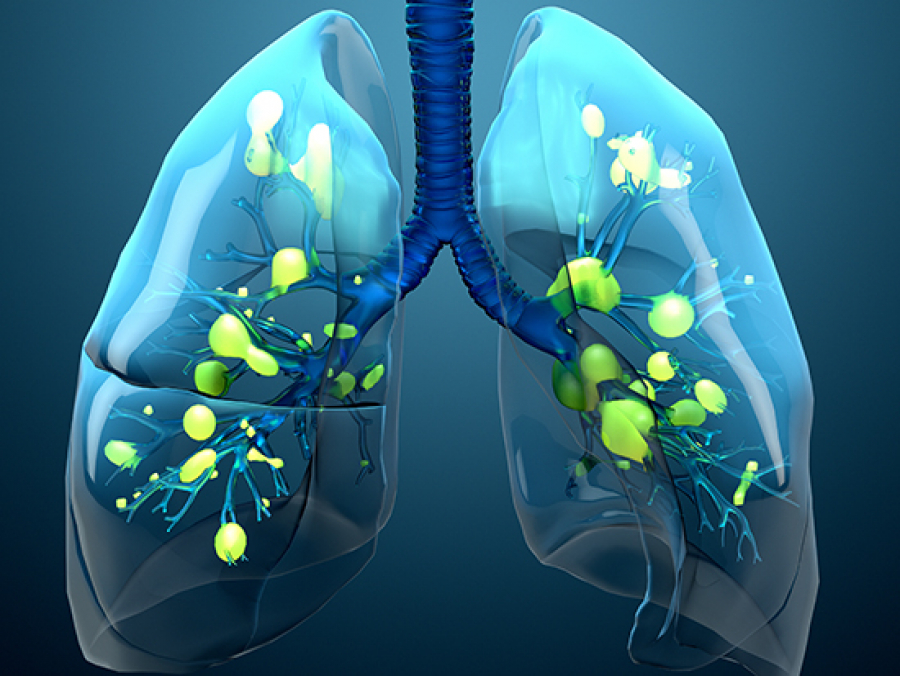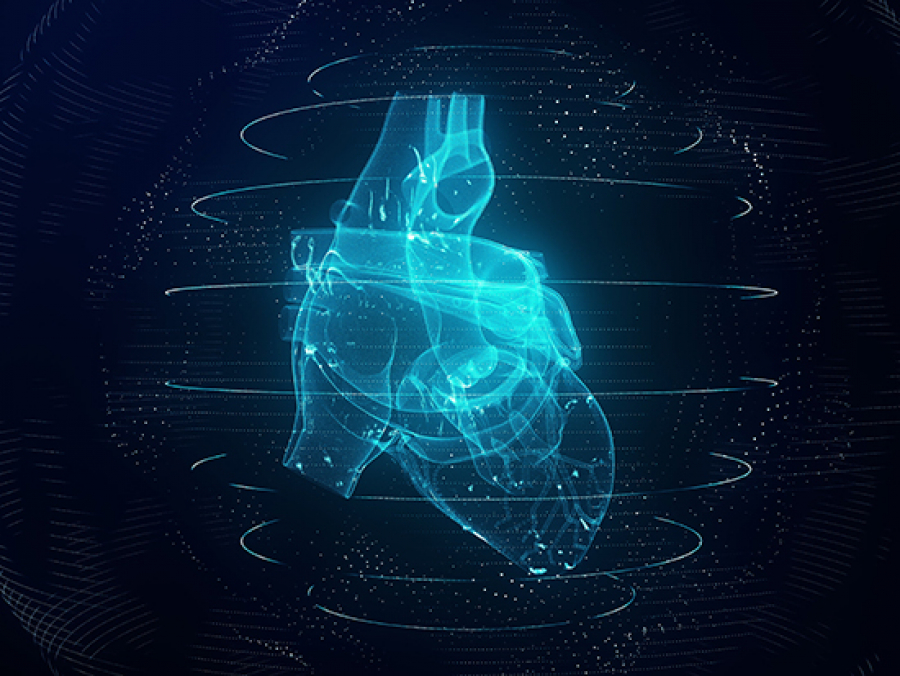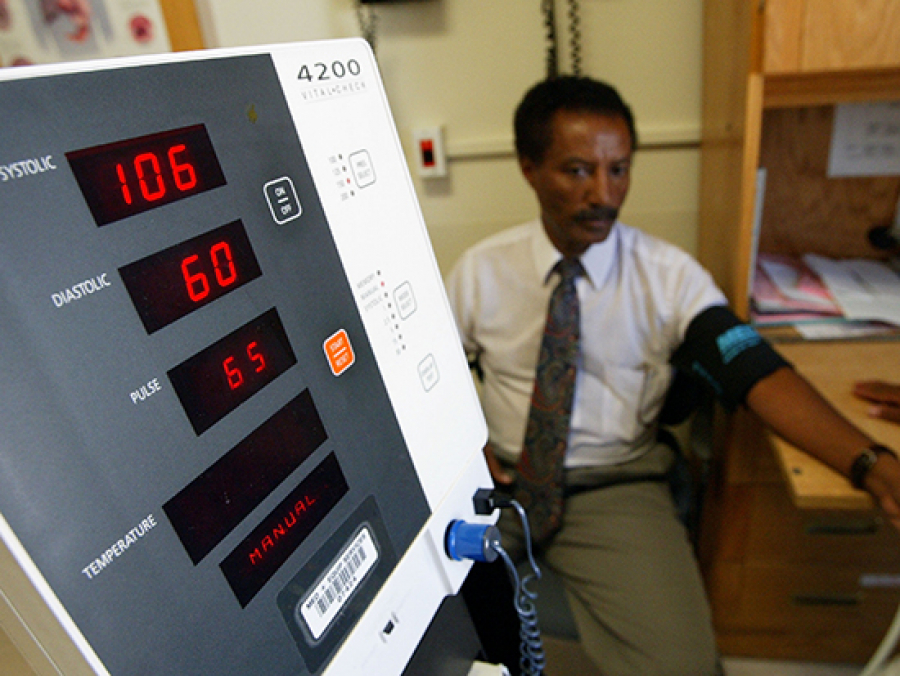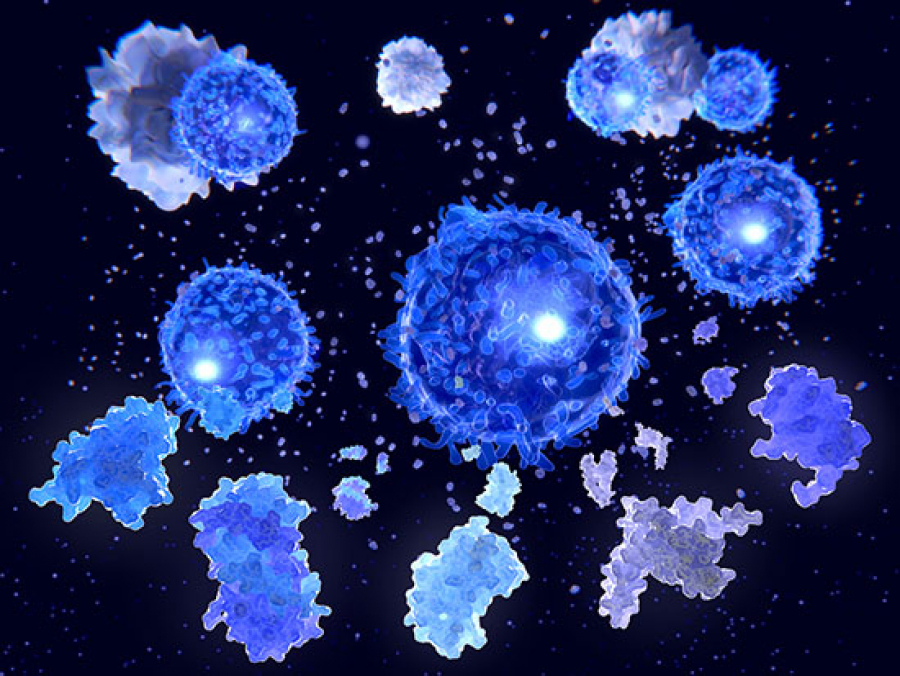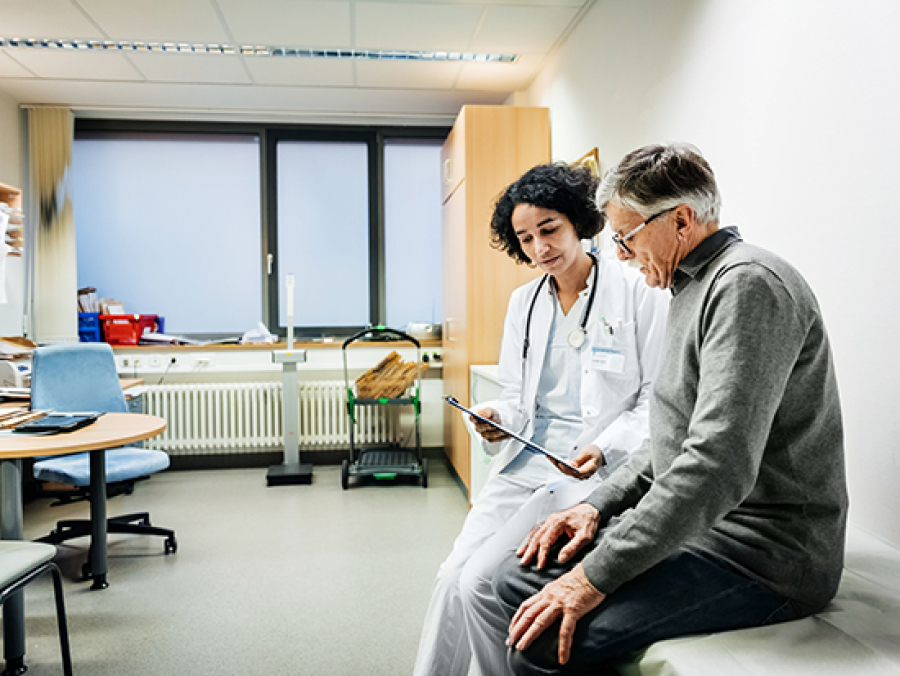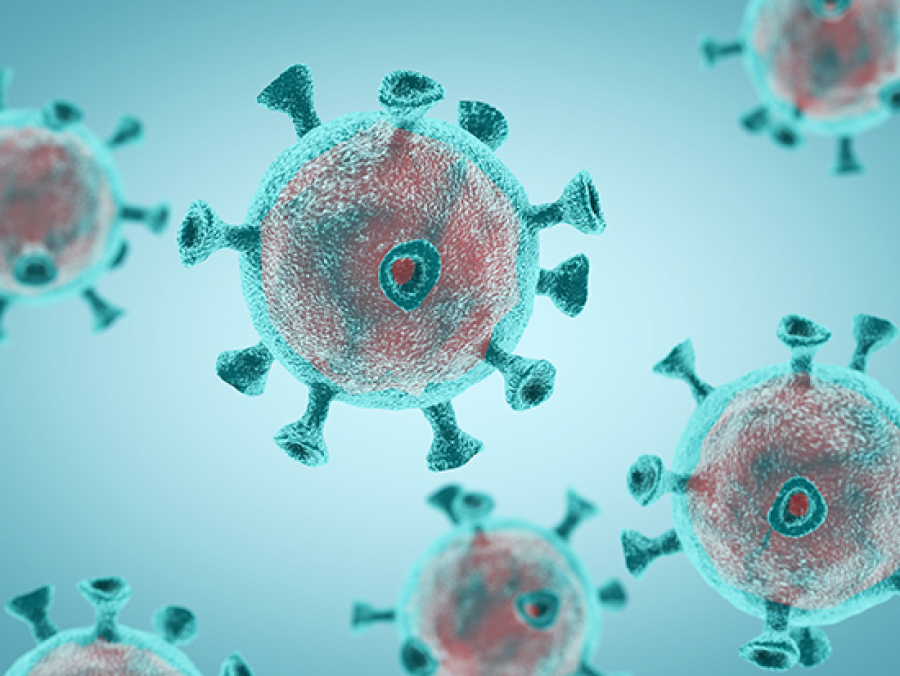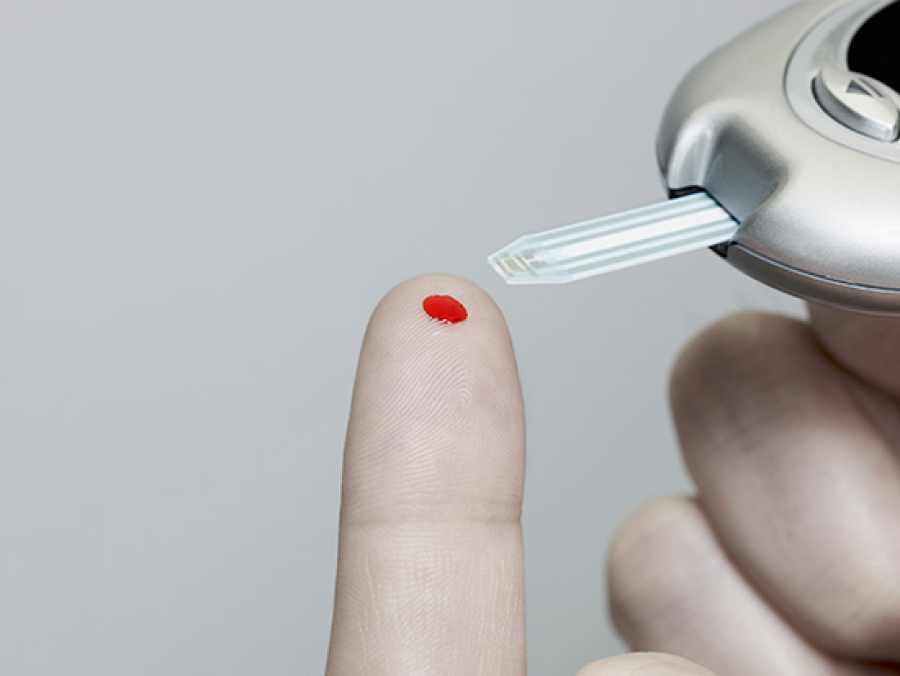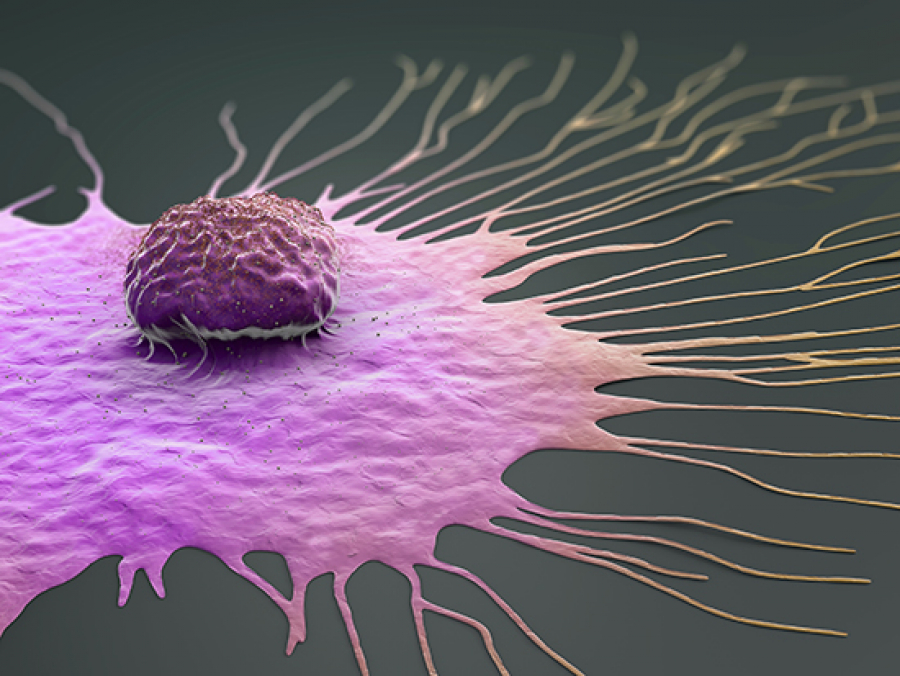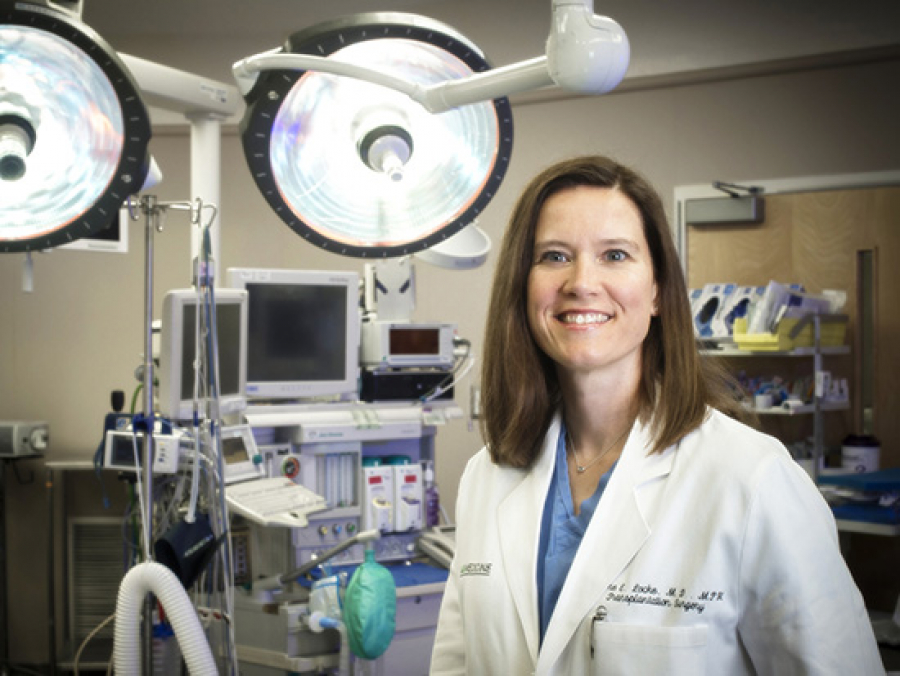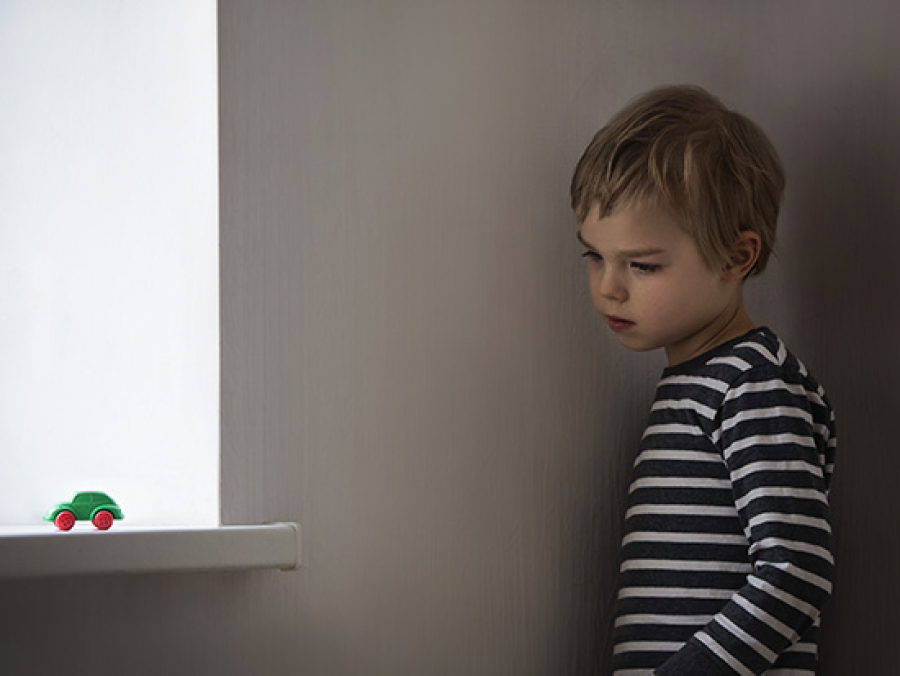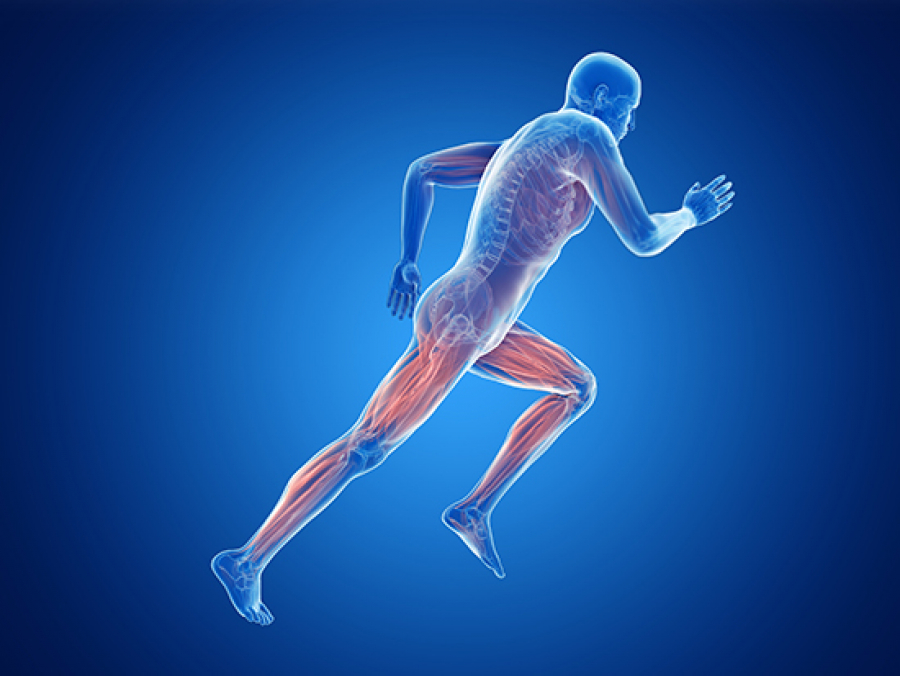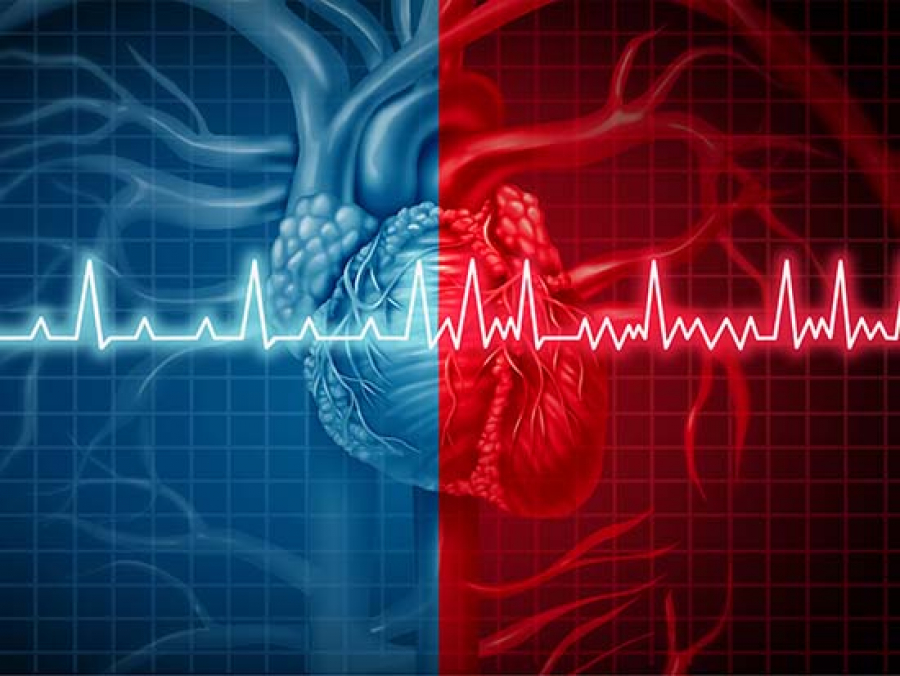Research & Innovation
In a study of more than 6,000 American adults, UAB investigators found that those with a coronary artery calcium score greater than zero have a higher risk of cardiac events. CAC may help guide blood pressure control and comprehensive cardiovascular care.
After a pause due to COVID-19, UAB has resumed enrollment for the All of Us Research Project.
Research funding to UAB from the National Institutes of Health tops $300 million again.
The COVID-19 pandemic has taken a toll on the mental health of emergency department staff, both clinical and non-clinical.
The list was made by a group that aspires to bolster and increase diversity across all scientific fields, promote retention through the “leaky academic pipeline,” and broaden academic and industrial awareness of diversity and inclusion.
In a new study from UAB, researchers found that eating grapes can protect skin from acute and chronic UV damage.
Use of the diabetes drug metformin — before a diagnosis of COVID-19 — was associated with a threefold decrease in mortality in COVID-19 patients with Type 2 diabetes.
Streptococcus pneumoniae is an opportunistic pathogen that commonly infects young children and the elderly. This atlas will help researchers better understand how to treat these infections.
Meier-Gorlin syndrome is a rare genetic developmental disorder that causes dwarfism, small ears, a small brain, missing patella and other skeletal abnormalities.
A study conducted by UAB investigators has outlined that deaths due to mitral regurgitation are increasing in the United States since 2012, after a continuous decline for 14 years.
A new multidisciplinary program within UAB Medicine will help evaluate patients who have recovered from COVID-19 but are still experiencing symptoms and link them to the specialized care they need.
Acute respiratory failure mortality increases in United States and may worsen with COVID-19 pandemic
A study conducted by UAB investigators has outlined that deaths due to acute respiratory failure are increasing in the United States, and this disproportionately impacts Southern states and racial minorities.
As the country has grappled with an opioid crisis and with COVID-19, a third crisis has brewed. Suicide is now the 10th leading cause of death in the United States.
The review of COVID-19 positive case rates and state-wide stay-at-home orders suggests that stay-at-home orders helped reduce transmission of the SARS-CoV-2 virus.
The exosomes were secreted by cardiac cells derived from human induced pluripotent stem cells. These non-living exosomes may be an easier form of regenerative treatment than living cells.
Uncontrolled high blood pressure is a risk factor for heart attack and stroke.
A UAB communications expert explains how communication skills have changed during the COVID-19 pandemic quarantine.
In a new trial funded through UAB’s urgent COVID-19 research program, investigators are comparing the widely available steroid methylprednisolone with dexamethasone, which lowered risk of dying by one-third in a U.K. trial this summer.
Low or limited health literacy is common among adults in the United States and may affect health outcomes in many ways, according to the government’s Healthy People 2020.
Soft drink consumption is a likely predictor of aggressive behavior, according to a new study from UAB.
Amy Goss, Ph.D., RDN, says egg consumption can be incorporated into the diet in a healthful way without adversely impacting blood cholesterol in older adults.
UAB and Polish researchers propose that the COVID-19 virus acts as a microRNA “sponge” to deplete miRNA levels in ways that aid viral replication and stymie the host immune response.
The drug candidate is a non-toxic small molecule that given orally effectively rescued mice from models of Type 1 and Type 2 diabetes.
This study was done in mice and with a novel, tissue-engineered, three-dimensional breast cancer mimetic system.
New evidence for sex disparity in liver transplants suggests a change may be needed in how livers are allocated.
A mouse model and previous studies suggest that genetic intervention in SHANK3-related ASD may be most effective earlier in development.
This discovery may have clinical importance in management of heart failure.
A study conducted by UAB investigators has outlined the importance of strict blood pressure control in the development of atrial fibrillation, which can lead to poor outcomes such as stroke, heart attacks and death.
Gender identity and genetic sex are distinctly variable when it comes to pain tolerance, according to a study published in the Journal of Pain Research.
The study observed two diet types to test their impact on adolescents with non-alcoholic fatty liver disease.
